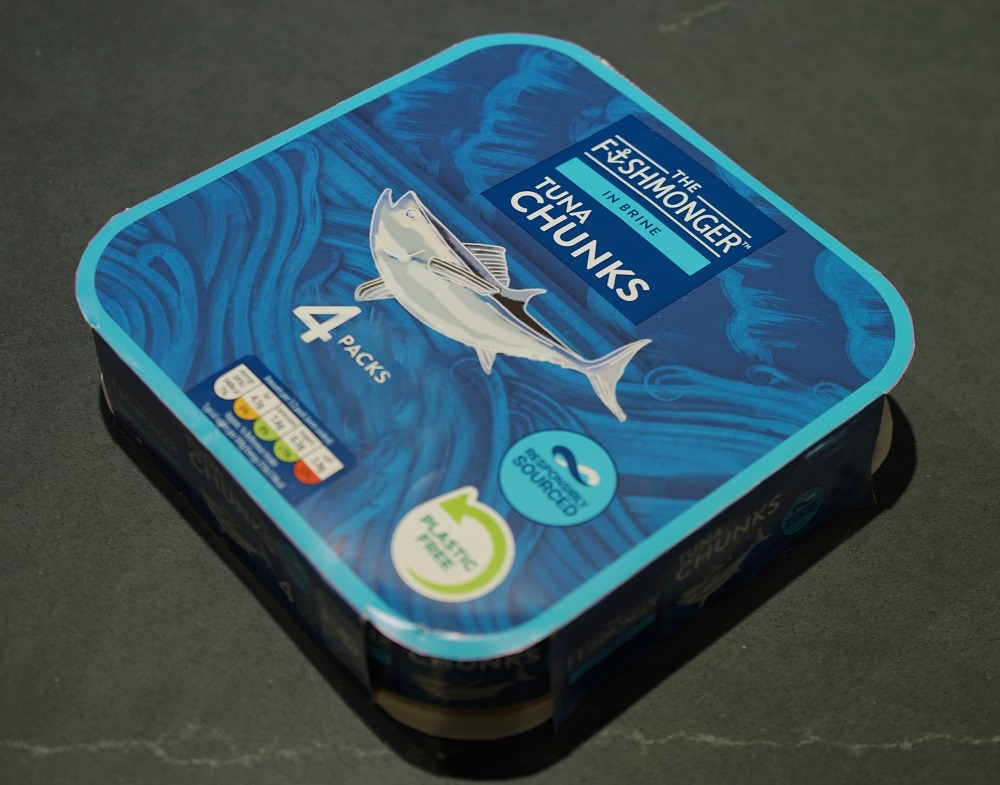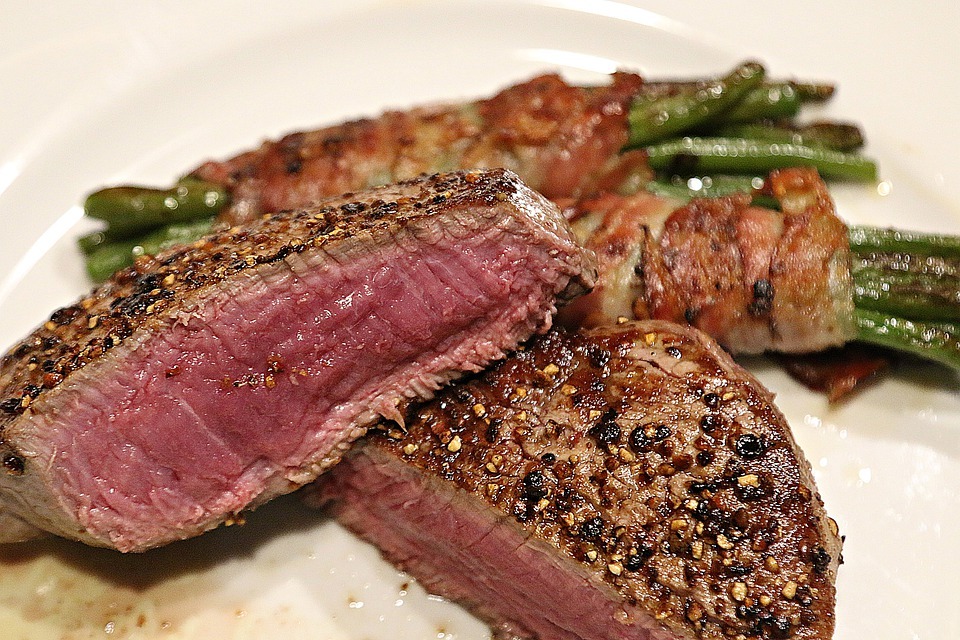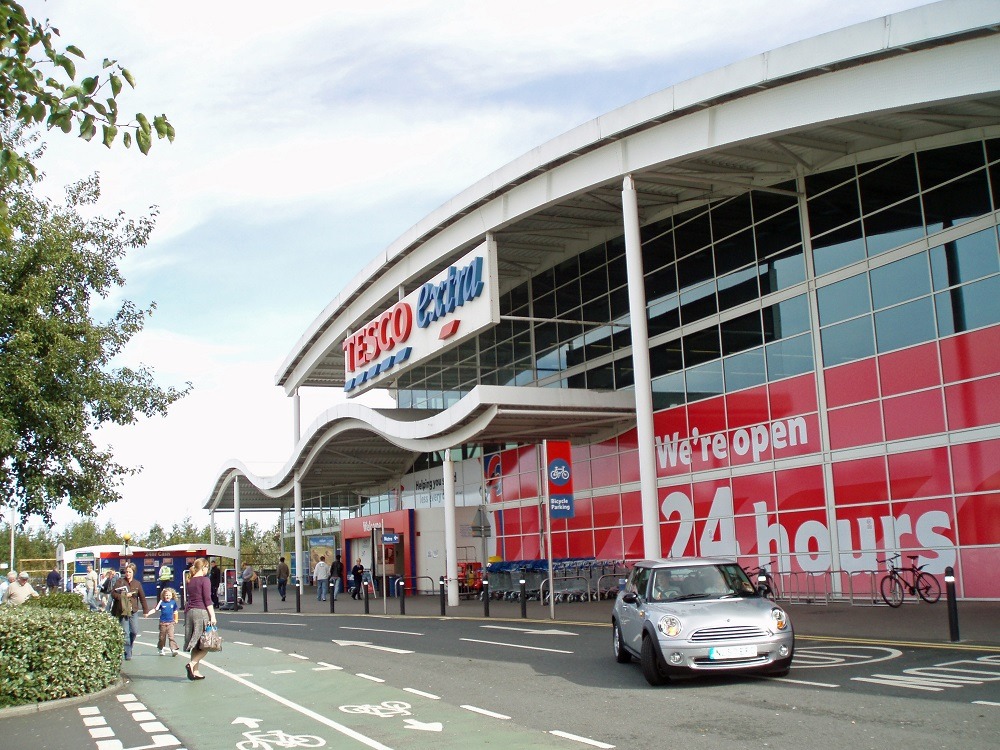Aldi will test new cardboard packaging for tuna products at more than 270 of its stores across England for four months from mid-September

The four-month trial will take place in more than 270 stores in the midlands, north-east and south-east (Credit: Aldi)
Supermarket chain Aldi is to scrap the use of plastic packaging on its multi-packs of tinned tuna in the UK.
The German retail giant will trial the use of cardboard sleeves on four-packs of Tuna Chunks in Brine throughout 270+ stores across the midlands, north-west and south-east from mid-September.
If the four-month test is successful, the recyclable sleeve is expected be deployed in more than 830 stores across the UK.
The firm estimates the move will save more than 11 tonnes of plastic each year.
Aldi UK and Ireland’s managing director of corporate responsibility Fritz Walleczek said: “We’re constantly reviewing our product range to remove and replace single-use and hard-to-recycle plastic packaging.
“We’ve introduced a number of initiatives to reduce unnecessary plastic already this year, and we’re particularly excited to be trialling the cardboard tuna sleeve, given it’s a first for the UK supermarket sector.
“Cutting waste is such an important part of everything we do at Aldi, and these packaging innovations are another example of us doing just this.”
Aldi’s work to make the business more sustainable
Alongside the tuna packaging initiative, Aldi has said it will to phase out all hard-to-recycle plastic — such as undetectable black plastics, PVC and expanded polystyrene — from its food products by the end of 2020.
Last month, the retailer also said it plans to launch recyclable coloured ready meal trays across all stores.
Made from former bottles and containers, the new trays will vary in colour and will initially be used for six of the firm’s ready meal products, including shepherd’s pie and sausage and mash.
If introduced across its whole range, Aldi estimates it would save 420 tonnes of non-recyclable black plastic a year.
Aldi is also set to launch a specially selected steak range due to be packaged in a cardboard tray across more than 380 UK stores.

The company say the cardboard is recyclable and can be sourced from sustainably managed forests.
Walleczeck said: “Meat is almost universally sold in plastic, but we’re looking to lead the way with alternatives, including these new cardboard steak trays.
“Both food and plastic waste are important issues, but this packaging delivers on both by potentially removing 240 tonnes of plastic a year without compromising food quality of longevity.”
Aldi says it is on track to make all own-label packaging recyclable, reusable or compostable by 2022, and aims to reduce plastic packaging by 25% by the end of 2023.
Tesco to ban the sale of products with excessive packaging
The news from Aldi follows a pledge made by Tesco CEO Dave Lewis to ban the sale of products that use an “excessive” amount of packaging.

Currently, 83% of its own-brand packaging meets the UK’s guidelines on what is considered “widely recycled” – meaning 75% or more local authorities collect and recycle these materials across the UK.
In an article written for The Guardian, Lewis said: “All of this will take a huge amount of effort. Overhauling every piece of packaging in a business is hard, but it has got to be done.
“The potential to make a positive impact is significant given the breadth of our supply chain.
“We’ve already shown what can be achieved through partnerships with our work on food waste: we are now more than 80% of the way to delivering our commitment that no good food goes to waste in Tesco.
“There’s no reason we can’t achieve the same with packaging.
“For that reason, we’re setting ourselves and our suppliers a challenge.
“The need is urgent, and so from next year we will assess the size and suitability of all packaging as part of our ranging decisions, and if it’s excessive or inappropriate, we reserve the right not to list the product.
“We’ll look at this category by category so every product is treated fairly and we’ll give sufficient time to make these changes.”
